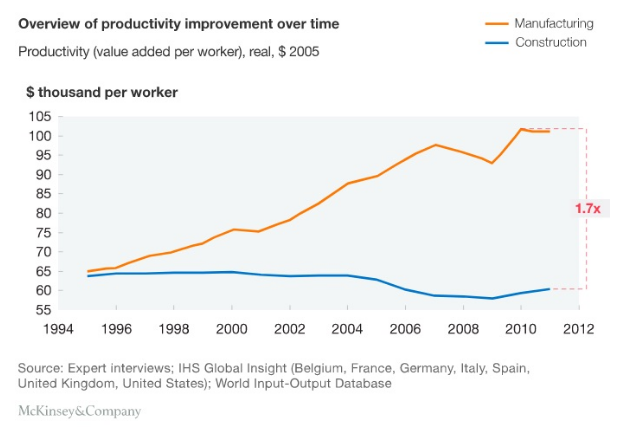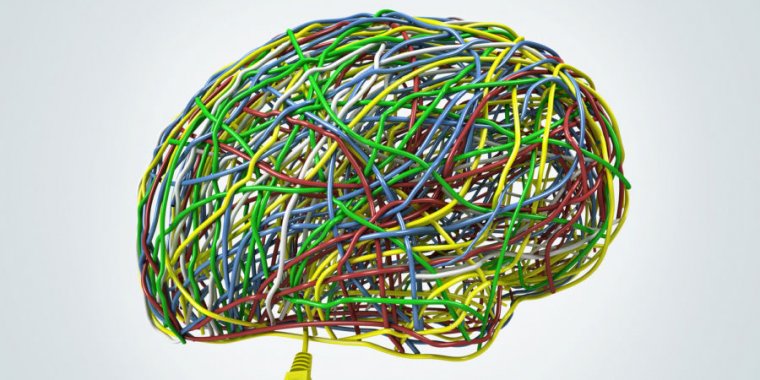
AI Nationalism
Table of Contents

The last few years have seen developments in machine learning research and commercialisation that have been pretty astounding. As just a few examples: Image recognition starts to achieve human-level accuracy at complex tasks, for example skin cancer classification. Big steps forward in applying neural networks to machine translation at Baidu, Google, Microsoft etc.
Microsoft’s system achieving human-parity on Mandarin-English translation of news stories (when compared with non-expert translators). In March 2016, DeepMind developed AlphaGo–the first computer program to defeat a world champion at Go. This is significant given that machine learning researchers have been trying to develop a system that could defeat a professional player for decades.
AlphaGo was trained on 30 million moves played by human experts. Beyond research, there has been incredible progress in applying machine learning to large markets, from search engines (Baidu) to ad targeting (Facebook) to warehouse automation (Amazon) to many new areas like self-driving cars, drug discovery, cybersecurity and robotics. CB Insights provides a good overview of all the markets that start-ups are applying machine learning to today.
This rapid pace of change has caused leading AI practitioners to think seriously about its impact on society. Even at Google, the quintessential applied machine learning company of my lifetime, leadership seems to be shifting away from a techno-utopian stance and is starting to publicly acknowledge the attendant risks in accelerated machine learning research and commercialisation:
Source: ianhogarth.com


